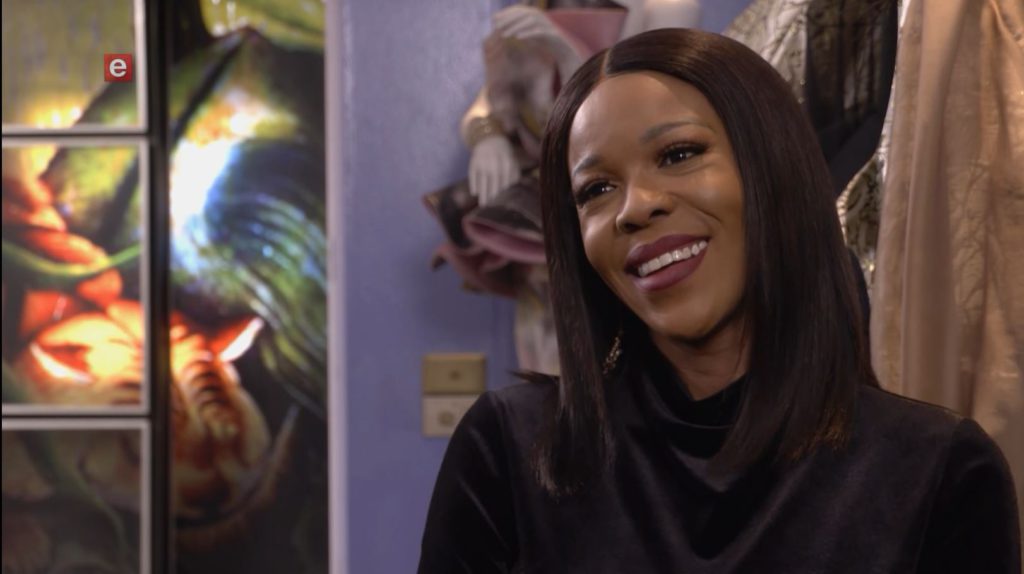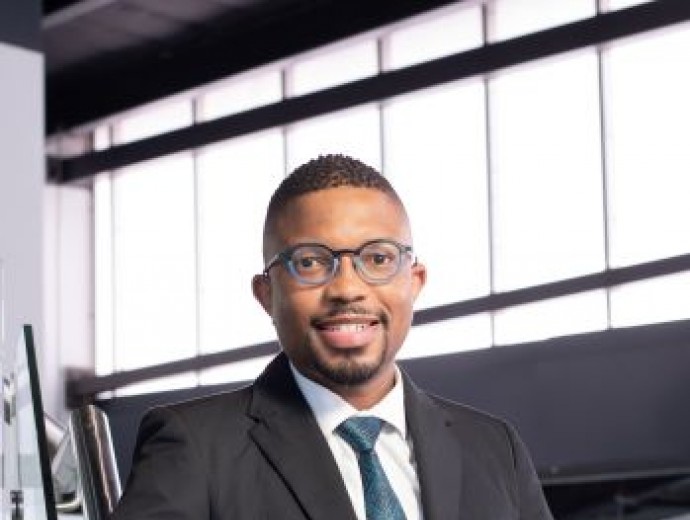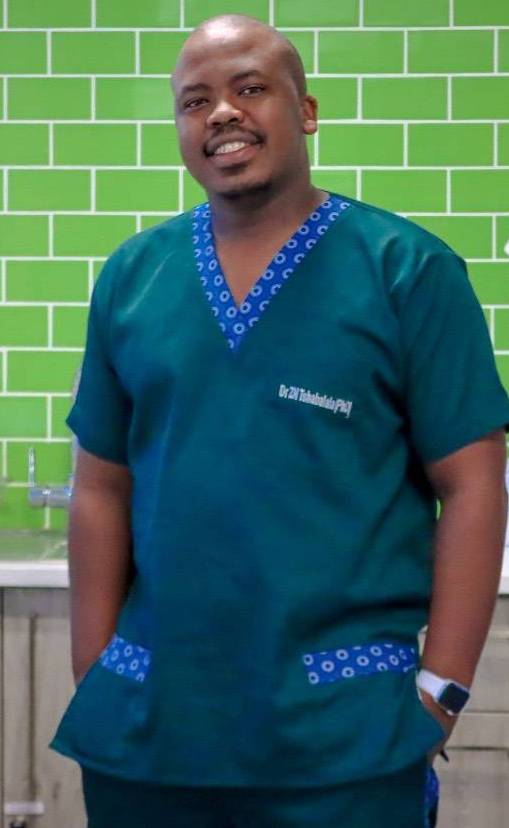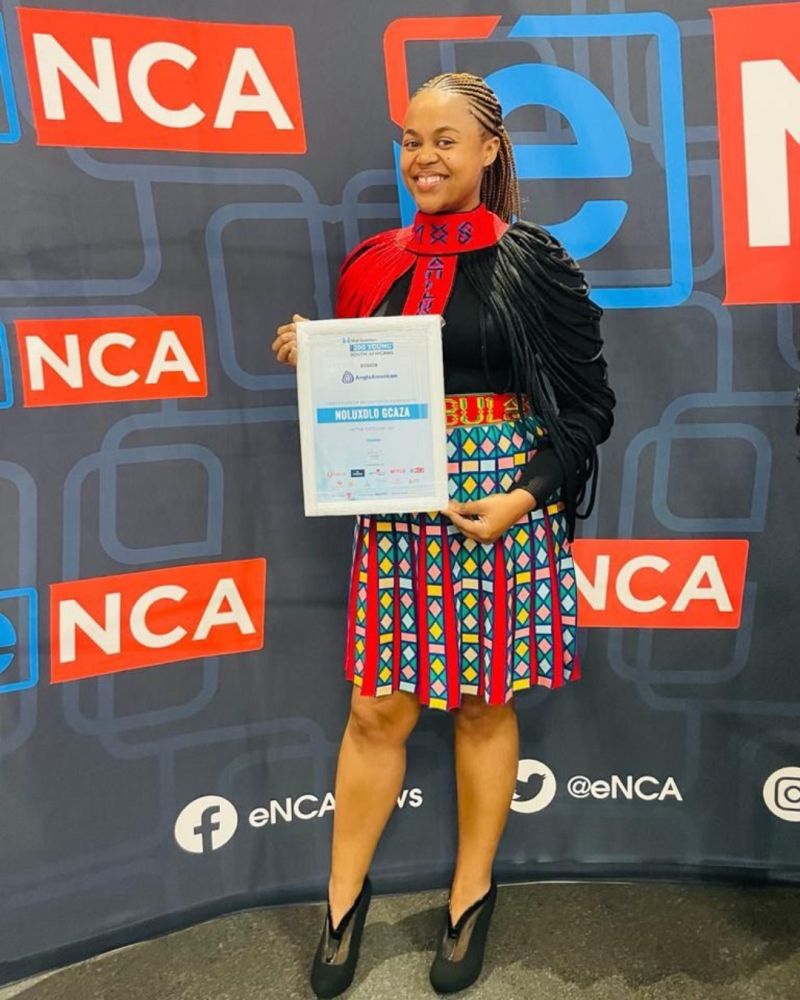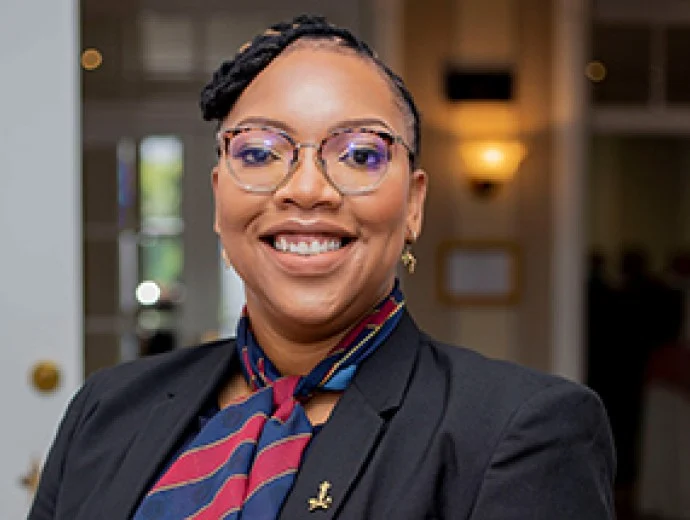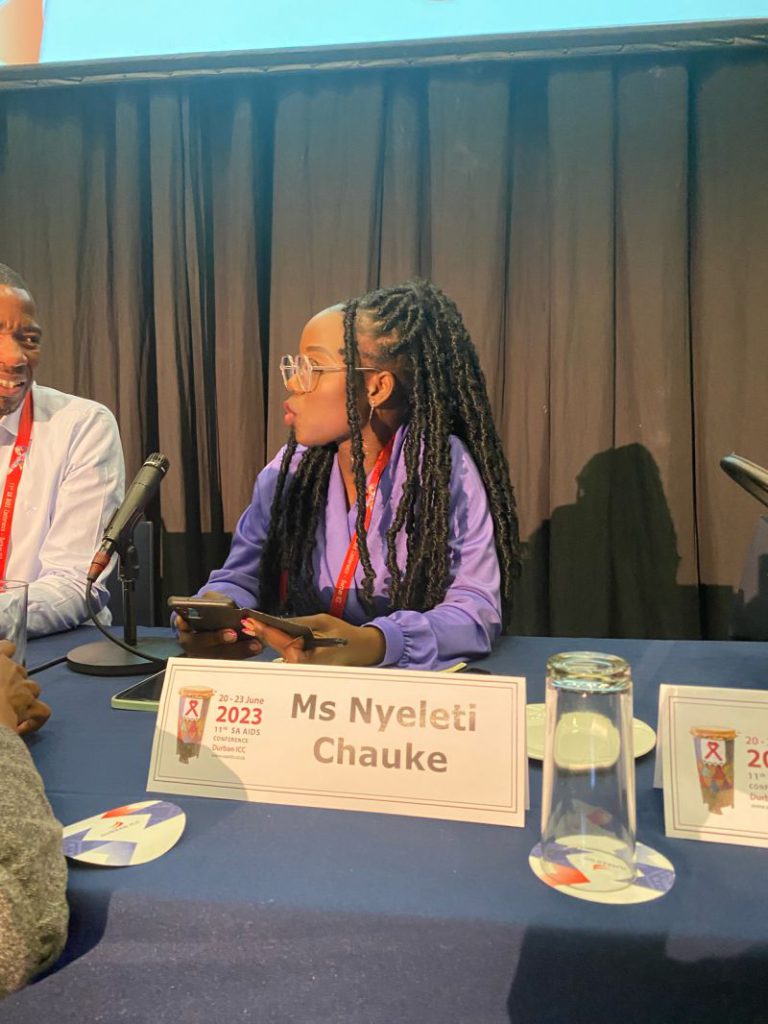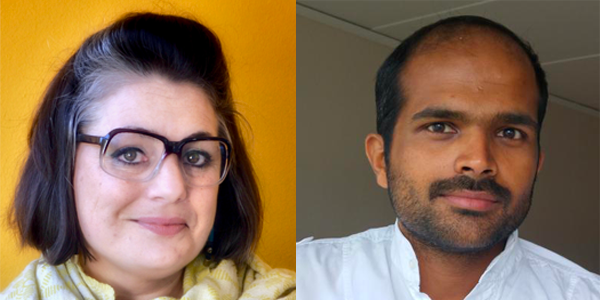BY Nkosazana Ngwadla
Hard work and education broadened UP engineering lecturer Dr Godisang David Mpye’s life. Now he quotes Nelson Mandela to encourage other youngsters to do the same.
When University of Pretoria (UP) lecturer Dr Godisang David Mpye received his PhD, he shared his triumph on LinkedIn. “PhD confirmed. I am a doctor now,” he wrote, a seemingly straightforward comment.
As “overwhelmed, really overwhelmed” he said he was to achieve a doctorate in engineering, he was equally overwhelmed by the reaction to his post. It went viral, generating about half a million interactions from around the world.
Distant relatives came out of the woodwork, people with similar surnames responded, perhaps hoping some of his acclaim would rub off on them, and even South African government ministers posted their congratulations.
And the job offers poured in. Dr Mpye declined them all. Part of the reason was that the doctoral funding requirements of the New Generation of Academics Programme compelled him to stay at the institution where he had graduated for two years. Another part of the reason was that he didn’t want to leave UP.
“I was not ready to think about it because the space was very conducive here,” he said. “The growth I have been through is immense. I have developed a research laboratory and there are still some outstanding publications that I need to finish.”
His PhD graduation in 2021 opened his eyes in many ways. He had thought it was the pinnacle of his success, but soon discovered it was just the beginning.
“The work never ends. My responsibilities are increasing, but one thing I can say is that I do feel a lot of growth. We are working with colleagues in Brazil, Australia and England, and I review papers. So there are new challenges.”
And he is elated to be helping others on their own paths to success. As a senior lecturer in the Department of Civil Engineering in the Faculty of Engineering, Built Environment and Information Technology, Dr Mpye is now passing on knowledge to final-year research project students.
“Over the past three years, I have supervised six research students,” he said. “That’s quite fulfilling.”
He is also exuberant about the fact that he is one of three engineers in his family. His eldest sister is an electrical engineer and the second eldest, a mechanical engineer. Both work for well-known corporates. Dr Mpye had planned on studying medicine but when he was accepted for it at only one university, which was not his ideal choice, he inadvertently followed in his sisters’ footsteps. But he did make his mother happy.
“When I graduated, she said, ‘I always wanted you to be a doctor. But now you are the real doctor.’”
Although he grew up in the village of Rabokala near Brits in the North West, Dr Mpye went to school at Rachel de Beer Primary School in Pretoria from Grade 4, travelling by bus for an hour each way every day. When he was in Grade 10 at Gerrit Maritz High School, his mother transferred to a maths teaching job in Atteridgeville and the family moved to Pretoria West. Being so ensconced in Pretoria made the decision to go to UP almost inevitable.
While at UP discussing his study options, a student advisor told him not to worry about not making it into medicine. Dr Mpye recalls him saying that engineering was more in demand and that companies were grabbing UP students. Dr Mpye followed that advice.
“Then within a week I got a bursary from Transnet,” he said; this signified the start of everything falling into place.
Engineering generally does not have a good throughput rate, and Dr Mpye is overjoyed that he was one of those who “finished in record time”. More than that, in his final year, he won the award for best research project in railway engineering.
He went on to do his master’s at Stellenbosch University and in 2017, won the Outstanding Student Engineering Award at the International Heavy Haul Association Conference held in Cape Town. Dr Mpye had flown out from the UK to attend the conference during his summer break from Durham University, where he had spent most of the year on the Newton Fund student exchange programme.
While working as a civil engineer for Transnet for five years as part of his bursary obligations, Professor Hannes Gräbe contacted him, offering him the chance to be sponsored for a PhD, and winning him over with the added possibility of overseas travel and other opportunities. Prof Gräbe became his PhD supervisor and Dr Mpye credits both him and Prof James Maina as his mentors.
Dr Mpye has only one quibble about life as an academic: he hadn’t anticipated having to deal with crying students and visits from parents.
“You need tact,” he said. “One of the more challenging aspects of my profession is that you end up being a psychologist and a comforter, by default.”
He says he worked really hard at school. And his advice for youngsters who want to achieve? Seek out education. He quotes former president Nelson Mandela: “Education is the most powerful weapon that you can use to change the world,” and “it is through education that the daughter of a peasant can become a doctor, that the son of a mineworker can become the head of the mine, that a child of farmworkers can become the president of a great nation.”
On a personal level, Dr Mpye often pages through his university notebooks for motivation. Among the calculations are what he describes as “little messages” that he scribbled to himself.
“It’s almost like going down memory lane. I would write the date. And then ‘this is so difficult’ or ‘this was such a good day’. It’s like informal journalling to encourage myself. If I ever feel down, I look at where I came from.”
Mostly, however, he prefers to spend his free time exploring the outdoors, on his mountain bike or camping with friends. He also enjoys watching tennis and documentaries and travelling. He celebrated New Year’s Eve at the Brandenburg Gate in Berlin; spent time in April luxuriating in Mauritius; and is toying with South-East Asia for December – Bali, Thailand or Malaysia, wherever it is hot and where he can buy more postcards to add to the collection on his pinboard.
Image and source: UP


